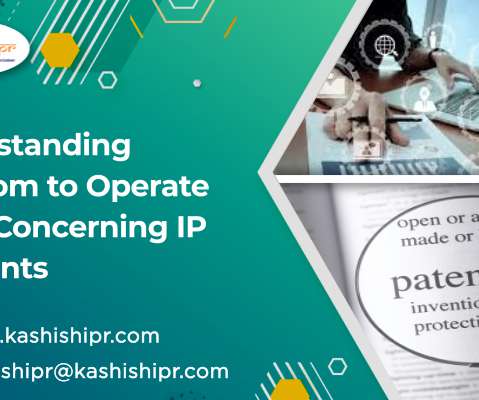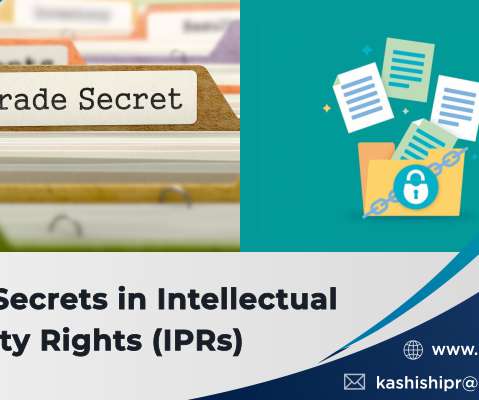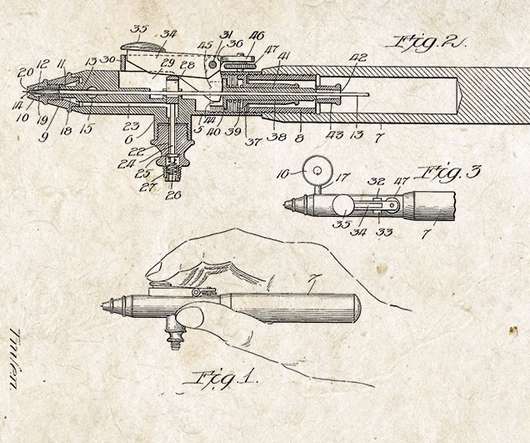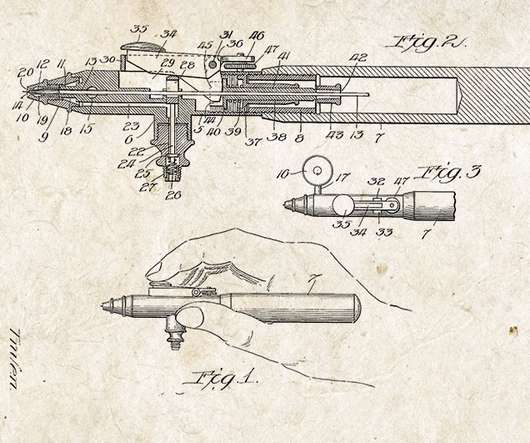Understanding Freedom to Operate (FTO) Concerning IP & Patents
Kashishipr
DECEMBER 28, 2021
It implies that while a specific technology may be protected in the main markets of a company, it may lie in the public domain in some other countries. In most countries, they typically last for a maximum of 20 years, after which they lie in the public domain and can be freely used by anyone.












Let's personalize your content